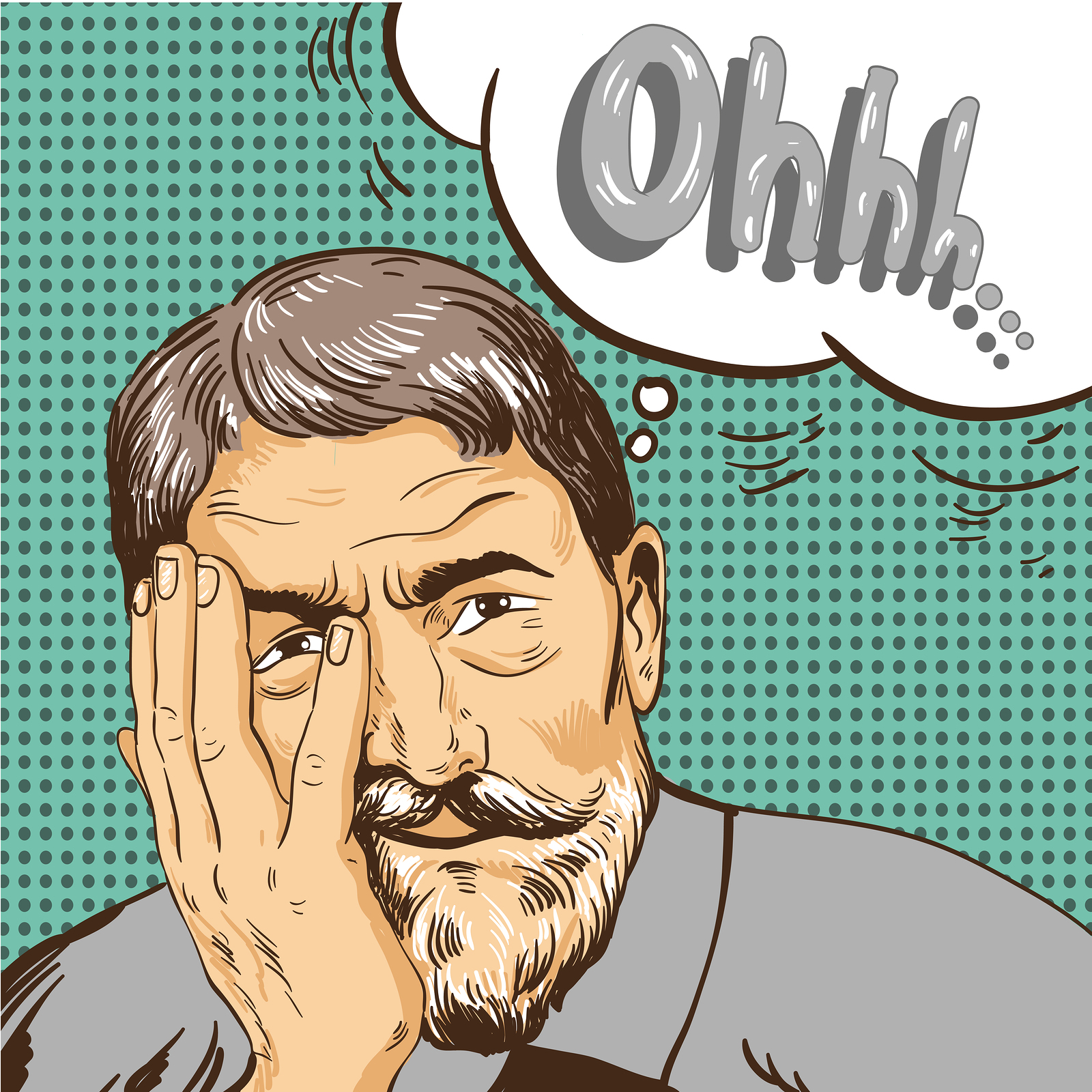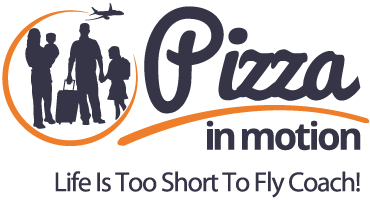The Government Wants To Make It Harder For You To Figure Out How Much An Airline Ticket Costs

Back in 2012 the Department of Transportation enacted new rules that standardized how airlines needed to show prices to customers. Instead of just seeing the base fare, the rules required that airlines disclose a total price, including all fees and taxes. Now, Congress is trying to make that rule go away (again).
I first saw a Tweet this morning that pointed me to a blog post from Miles Talk. He links to a USA Today article by Bart Jansen that details the current bill trying to work its way out of committee:
Airlines would no longer have to include taxes when initially advertising their fares, under House legislation a committee will vote on Tuesday.
The provision, the source of a long-running conflict between consumer advocates and airlines, is part of Federal Aviation Administration legislation at the Transportation and Infrastructure Committee. The House has approved similar measures in the past, but the Senate hasn’t acted on them.
The legislation would overturn a Transportation Department requirement that airlines include all taxes in the first mention of fares in their advertising. The department’s goal was to prevent bait-and-switch ads featuring low fares that then grew with taxes.
To be clear, there is nothing good for consumers here. Airlines have already been complying with the existing law for years, so this change isn’t about saving money. The technology is already in place. This move, if enacted, just makes it easier for airlines to obfuscate how much an airline ticket actually costs.
The feeble argument from the airlines is that other industries don’t need to include tax in their prices:
But airlines have long fought the requirement, arguing that no other industry has to include taxes when advertising prices for their products. Taxes add about 20% to the cost of an average ticket, according to the trade group Airlines for America.
This misses one huge point. It’s the “and fees” part. The airlines add fees to the price of tickets that have nothing to do with taxes. Sometimes they call them “fuel surcharges”. Other times they call them “carrier-imposed surcharges”. Translation: the airline is charging you more money. Those fees aren’t going to the government. They’re going in the airlines’ pockets.
They would have a slightly more convincing argument if they just stuck to saying taxes shouldn’t be required when they display pricing. It’s true that most other industries aren’t required to include taxes in their advertised price. However, the amount of tax charged on an airline ticket is significant enough to make a change in buying decisions. Sales tax on goods and services is generally of a much smaller magnitude, less than 10%. If a $500 airline ticket is actually $600 after taxes, that’s a big enough spread that customers need to know about.
The Final Two Pennies
I won’t bother going too deeply down the rabbit hole about the government in general. You could argue that they should be focusing on more pressing issues. You could also argue that since they can’t agree on the big stuff, they should work on legislation that has a chance of becoming law.
Either way, I don’t see anything here that helps consumers. The airlines spend money lobbying the government, which is generally how bills like this pop up periodically. The airlines have plenty of issues. I don’t need to go through all the recent customer service incidents that have arisen to make that point. Though I do find it interesting my daughter saw a United Airlines plane and asked, “Daddy, isn’t that the airline the guy got dragged off of?” The airlines would do better focusing their time on providing better service as opposed to figuring out how to re-institute deceptive pricing practices.
The post The Government Wants To Make It Harder For You To Figure Out How Much An Airline Ticket Costs was published first on Pizza in Motion

the biggest bait-n-switch aren’t the taxes, but the fuel surcharge that are easily in the hundreds for international long-haul, but frequently lumped under “taxes and fees” even though they’re a mandatory part of the airfare benefiting the airline not the govt.
henry, “carrier-imposed surcharges”. Love that term.
Price a flight on EasyJet. What is quoted is the final price.
Go in any shop in the UK, if it says 99p that’s what you pay at the register.
American marketers are trained to lie and deceive. Americans put up with it, so why stop?
Vincent, you’re right. As Americans, we’re trained to think there will be additional fees. I wonder how many will call their congressman/woman to complain about this bill.